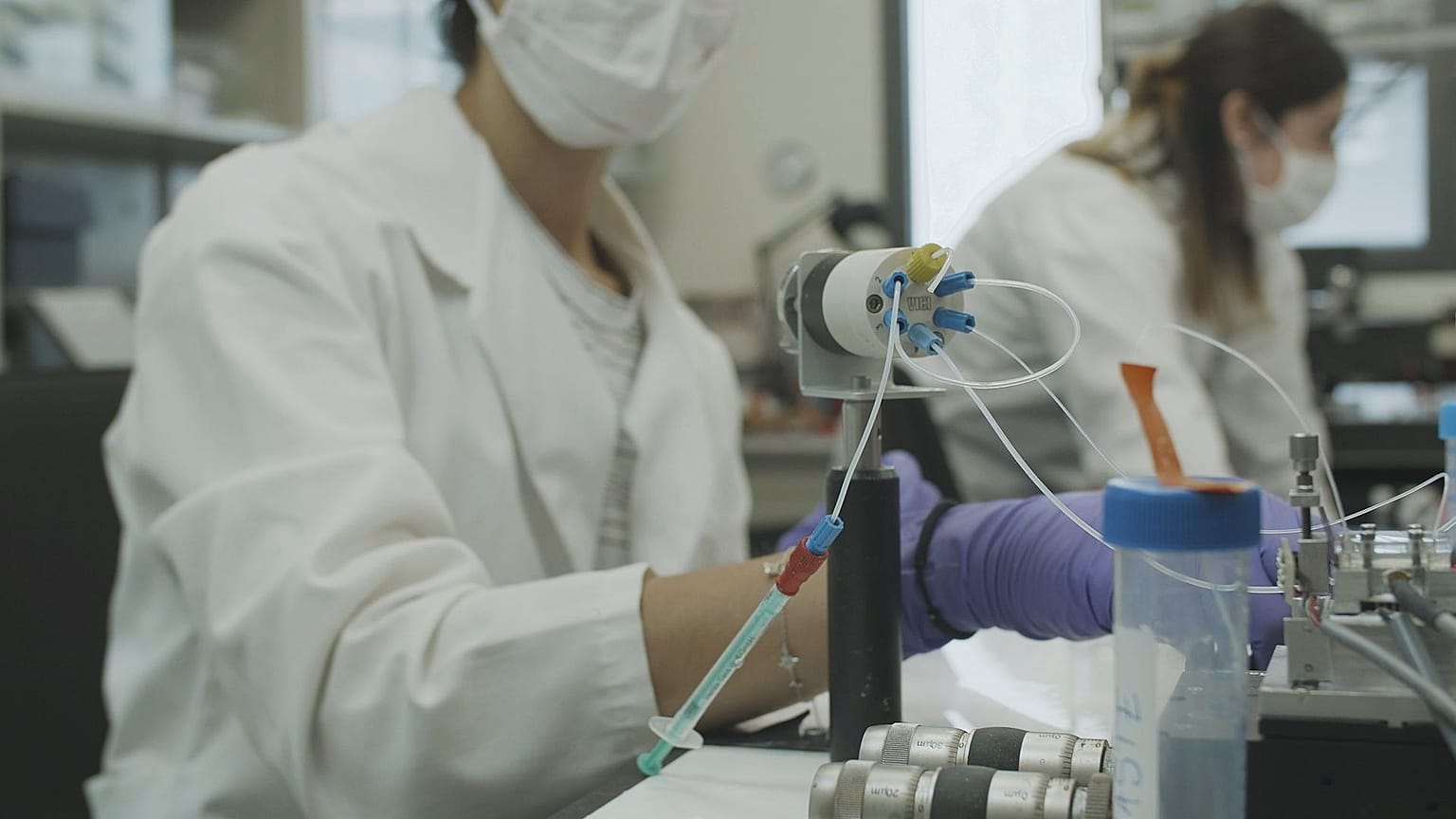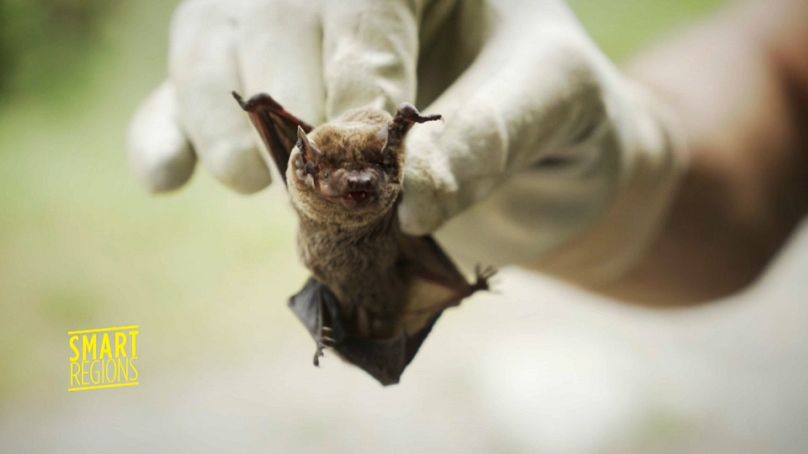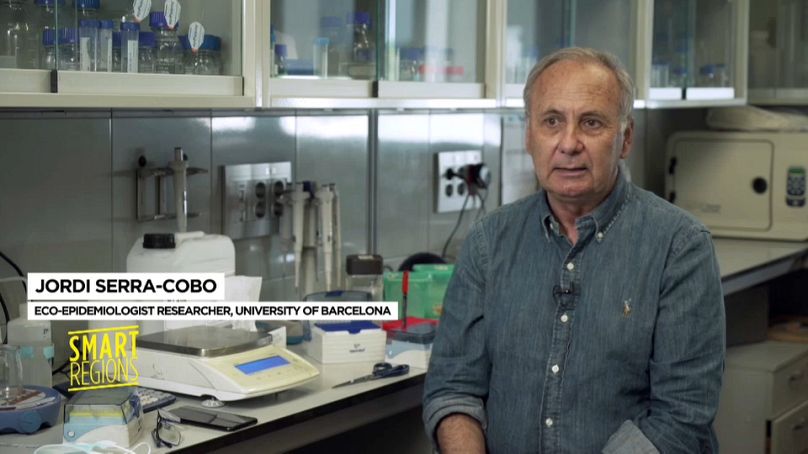A pan-European team of European researchers is working against the clock to develop a new SMART bio-sensor to detect and ultimately stop COVID-19.
European scientists are working tirelessly to find ways to stop the ongoing coronavirus pandemic.
At this crucial stage, testing and diagnosis are essential. At the Barcelona Institute of Nanotechnology, Laura Lechuga's team is developing a nano-biosensor for the rapid detection of COVID-19.
Professor Lechuga says they're aiming to keep it as simple as possible:
"It will be a device that takes a saliva sample.
"You put it in, wait a few minutes and the device will tell us whether you are infected or not - and the value of the viral load you have".
The bio-sensor's development means that tests could be carried out without the need for specialised personnel. It works by having a biological preparation attached to light-sensitive chips, to capture a sample of the virus if it's present.
This fluid trap, developed by the University of Aix-Marseille, effectively acts as a bait for the Coronavirus-S protein.
Researchers inject inactive COVID compounds into the bio-sensor; light beams inserted into the chip capture the presence - and also the quantity - of viruses in the sample.
This European project is called CoNVat and has a budget of €2.54 million for research and innovation, in partnership with the European Cohesion Policy. This two-year project is also partnered with specialised centres in Spain, France and Italy: the Autonomous University of Barcelona, the University of Barcelona, the University of Aix-Marseille and the Institute of Infectious Diseases of Rome
Not only will the bio-sensor be used for the detection of COVID-19, but it could also help safeguard against new pandemics.
Dr Jordi Serra-Cobo is a biologist from the University of Barcelona who's involved in the project. He studies what are referred to as reservoir animals from the wild. Bats can have up to 3,000 different coronaviruses.
Dr Serra-Cobo says the information from studying the bats is crucial:
"It is important to know the types of coronaviruses present in these bat populations in order to estimate which ones could make the leap from one species to another, not directly to us, but to intermediate species".
Genetic material from the bats is currently analysed using the PCR techniques in the laboratory.
Next year, CoNVAt bio-sensors will make it possible to sample the reservoir animals in the wild, which will be faster, cheaper and more efficient.
The French project partners are providing the biological material for the device, while the Italians will carry out the clinical tests.
CoNVAt senior researcher Maria Soler says their work will greatly simplify and accelrate the process of diagnosis
"What we are doing now is integrating all this technology into cartridges that would be portable.
They could then be connected to a mobile device or a tablet and we would have the results in 10 minutes."
It's expected that clinical trials will start before the end of the year.


















